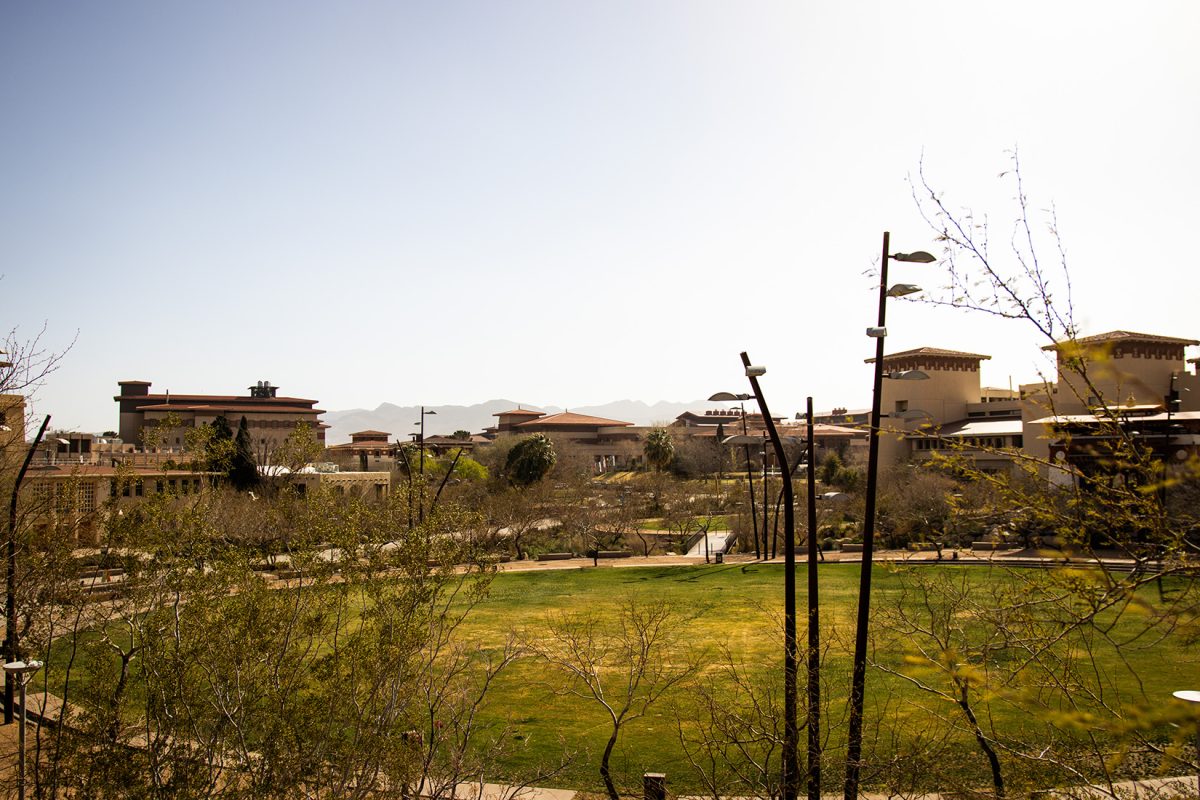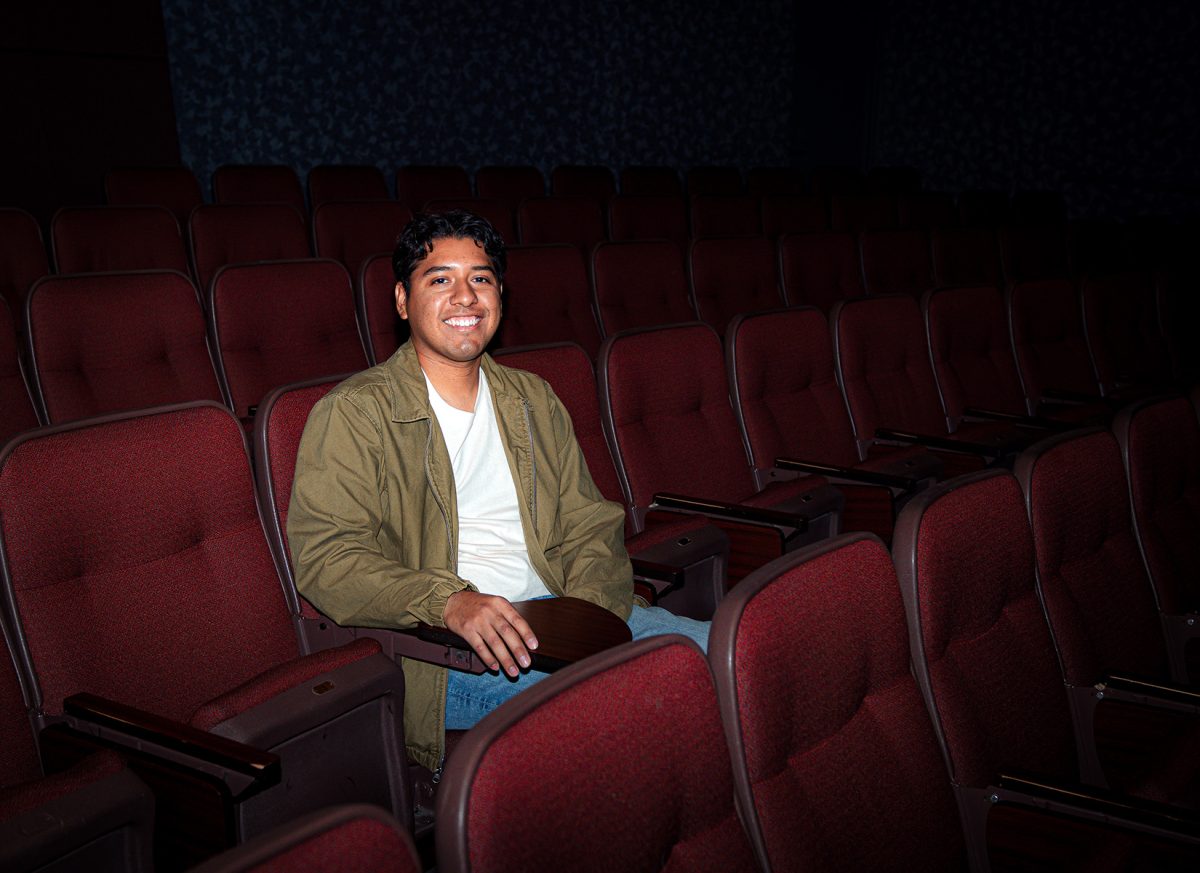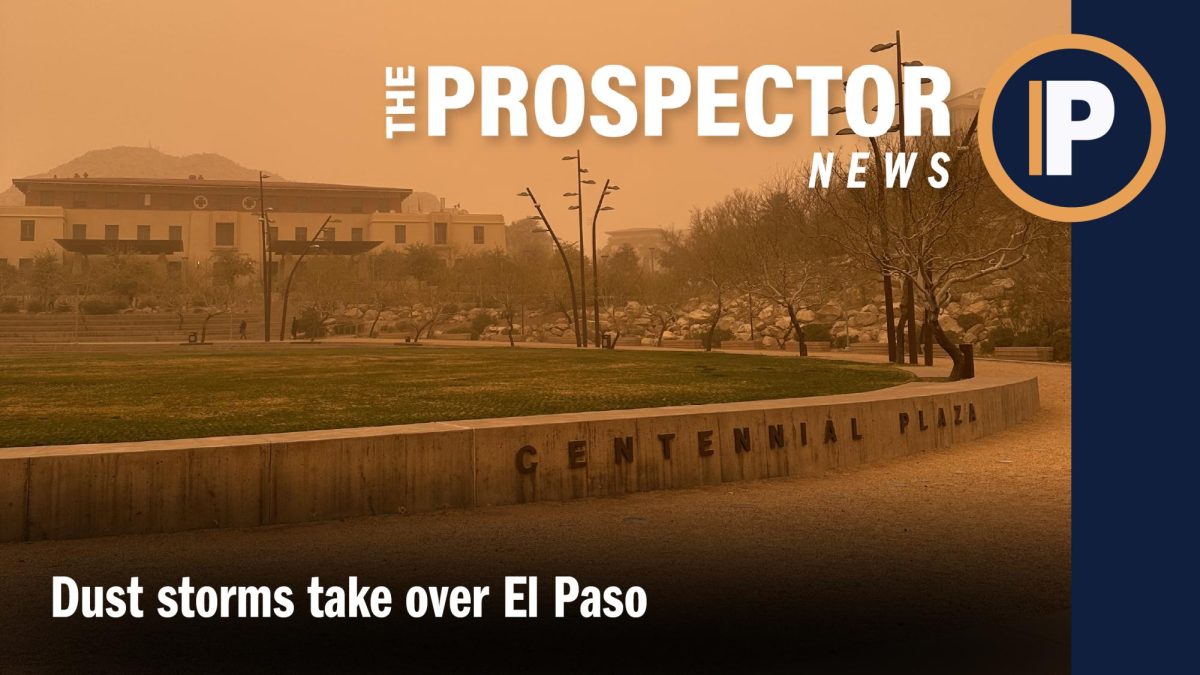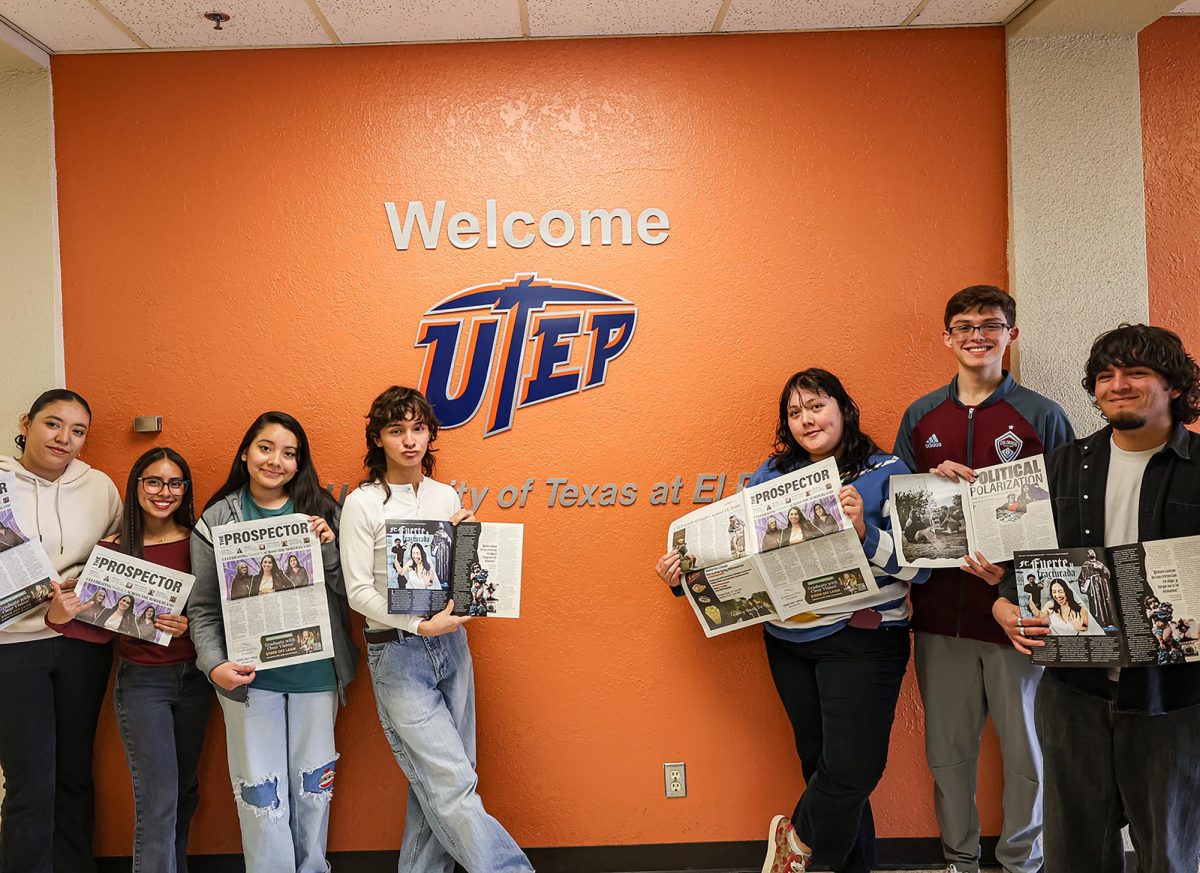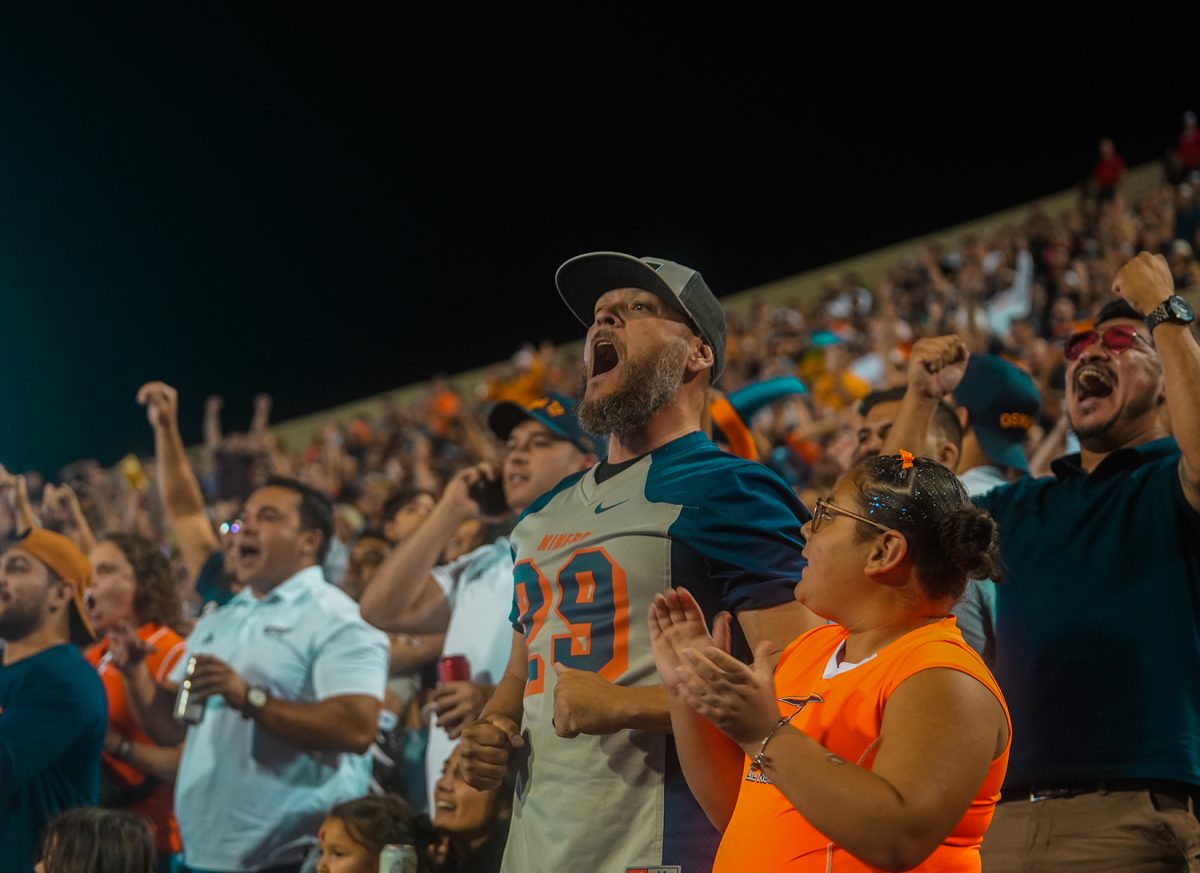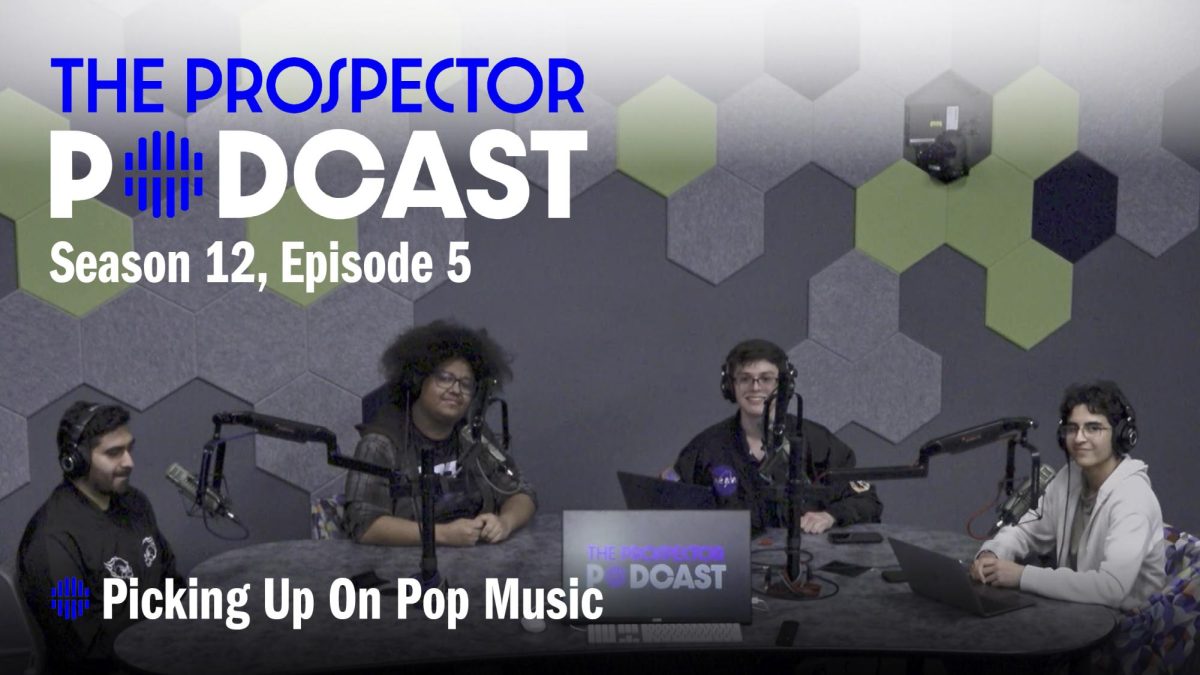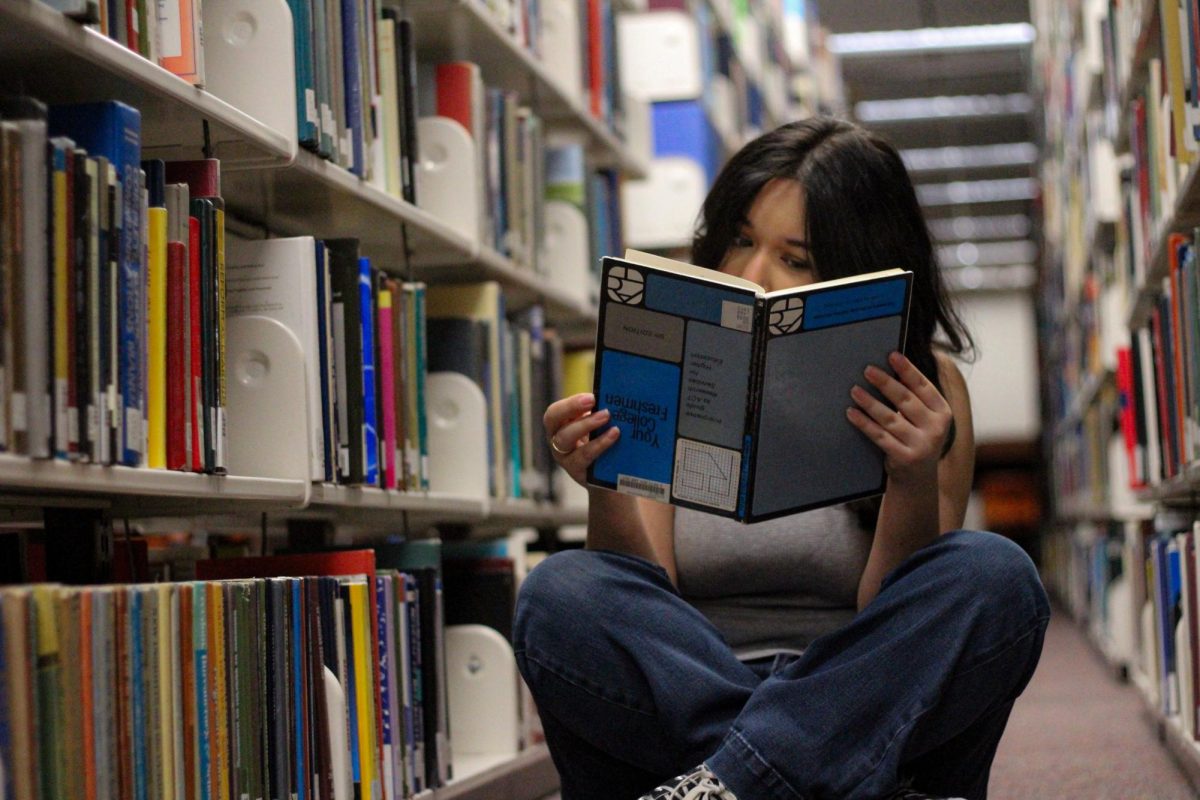Nov. 5 marks the celebration of Guy Fawkes Day, which commemorates the Gunpowder Plot conspirators, a group of Roman Catholics led by Robert Catesby, who attempted to blow up the Parliament in England to fight for religious freedom.
Since the 1600s, the iconic angular white Guy Fawkes mask has taken on a larger meaning and has become symbolic of activist groups protesting inequalities such as the Occupy Wall Street movement and other political movements. Many would go so far as to say El Paso is quiet when it comes to local activism.
Eric Chavez, senior psychology major, was involved in the Occupy El Paso movement, which focused on border issues such as immigration and violence in Ciudad Juárez.
However, the movement eventually broke up due to challenges unique to the border city.
“The city is notoriously known to be apathetic when it comes to political stuff. There wasn’t support there since the beginning,” Chavez said. “That’s the nature of El Paso, it’s hard to mobilize people and it’s because we’re a working class.”
According to data by the El Paso Association of Realtors, 40.5 percent of the population is made up of blue-collar workers and only 16.8 percent have a bachelor’s degree, while 23.9 percent did not complete high school.
“This is a working-class society, basic survival has trumped activism,” Chavez said.
These unique factors in El Paso have led some to have a bleak view of activism in the city.
El Paso is notoriously politically inactive. The city has one of the lowest voter-turnout rates in the entire country. According to the Secretary of State’s Office, only 9.5 percent of El Paso’s registered voters turned out for 2014’s early voting. El Paso is the only large Texas county to have a turnout below 10 percent.
“We want change, but a small group of people—of passionate individuals—can’t do everything,” said Stephen Contreras, senior nursing major. “They and their ideas can’t flourish. Hence, why people say El Paso sucks.”
Emily Roth, staff member at Annunciation House, a migrant house for undocumented immigrants, said population might also be a factor that affects the community’s view of activism.
“You think of us (activist groups) as a big protest march with thousands of people marching down the city and you don’t see a lot of that,” Roth said.
Despite the perception that El Paso is a non-participatory city, sociology and anthropology professor, Josiah Heyman, stressed that El Paso has a strong active community.
“We’re not at all lacking in activism. The activism here is reflective of being on the border,” Heyman said.
Some organizations with strong activist components include the Border Network for Human Rights, the Border Farm Workers Center, La Mujer Obrera and the Annunciation House, among others.
“We have the type of activism that comes out of being in the border and there’s a lot of it,” Heyman said.
Maria Esquinca can be reached at theprospectordaily.news@gmail.com.



